Muted tortie cats, or dilute tortoiseshell cats, are a captivating and unique variation of the classic tortoiseshell feline. Their distinctive coats feature a soft blend of gray (often called blue), cream, and fawn colors, creating a gentle, pastel appearance that sets them apart. This muted coloration results from the presence of the dilution gene, making these cats a beautiful and rare addition to any household. Predominantly female due to their genetic makeup, muted tortie cats are not just visually striking but also known for their spirited personalities, often referred to as “tortitude.” Their unique blend of beauty and character makes muted tortie cats cherished companions for cat enthusiasts worldwide.
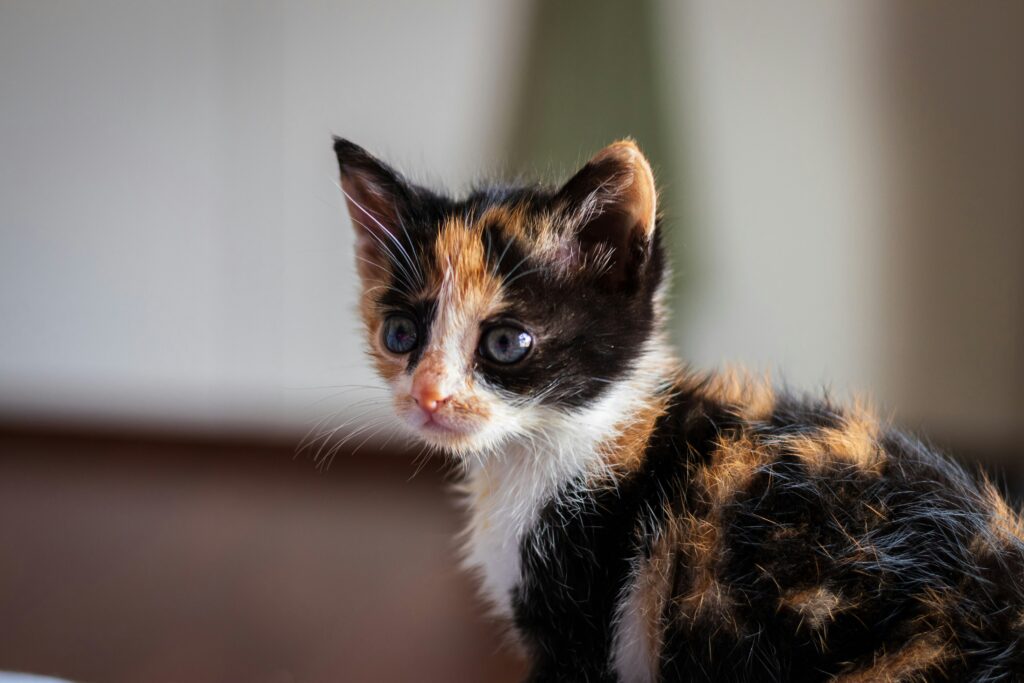
What Are Muted Tortie Cats?
Muted tortie, or dilute tortoiseshell cats, are a specific variation of tortoiseshell felines characterized by their softer, more subdued coat colors. Unlike standard tortoiseshell cats, which display vibrant patches of black and red/orange, muted torties exhibit a blend of gray (blue), cream, and sometimes fawn. This pastel-like coloration is due to the dilution gene, which lightens the traditional tortoiseshell hues. The result is a marbled or swirled pattern of these gentle colors, giving muted tortie cats a unique and elegant appearance. Their distinct and rare coloration, combined with their spirited “tortitude,” sets them apart as a special and captivating type of feline.
Appearance and Coloration
Muted tortie cats boast a distinctive and elegant coat pattern characterized by a gentle blend of colors. Their coats typically feature a mix of gray (often referred to as blue), cream, and sometimes fawn, creating a soft, pastel-like appearance. Unlike the vibrant patches seen in standard tortoiseshell cats, muted torties display a more subdued marbling or swirling of these hues. Common color combinations include blue and cream or blue and fawn, producing a unique and visually appealing mosaic. In addition to their striking fur, muted tortie cats can have a variety of eye colors, including green, gold, or blue, adding to their captivating and unique look.
Genetics of Muted Tortie Cats
The unique coloration of muted tortie cats is due to the presence of the dilution gene, which lightens the traditional black and red/orange patches of standard tortoiseshell cats to gray (blue), cream, and fawn. This dilution gene is recessive, meaning both parents must carry it for a kitten to exhibit the muted tortie pattern. The coloration is also sex-linked, predominantly occurring in females because the genes responsible are located on the X chromosome. Male muted tortie cats are exceptionally rare, typically arising only when there is a genetic anomaly such as Klinefelter syndrome, where the male cat has an extra X chromosome (XXY). This condition often results in sterility, making these males even more uncommon.
Personality and Temperament
Muted tortie cats, like their tortoiseshell counterparts, are known for their spirited and distinctive personalities, often referred to as “tortitude.” This term describes the bold and sometimes feisty nature commonly observed in these cats. Muted torties can be quite independent and strong-willed, displaying a unique blend of confidence and curiosity. Despite their spirited demeanor, many muted tortie cats are also incredibly affectionate and loyal to their owners. They often form strong bonds with their human companions, showcasing loving and attentive behaviors that make them cherished members of the household.
Caring for Muted Tortie Cats
Caring for muted tortie cats involves several key aspects to ensure their health and well-being. Regular grooming is essential to maintain their beautiful coat, as it helps reduce shedding and prevents matting. Brushing their fur weekly can keep it in top condition.
Regular veterinary check-ups are crucial for monitoring their overall health and catching any potential issues early. These visits ensure that vaccinations are up to date and that any health concerns are addressed promptly.
A balanced diet tailored to their age, weight, and health needs is vital. High-quality cat food that provides all necessary nutrients will help keep your muted tortie healthy. Additionally, providing ample opportunities for exercise, such as interactive toys and climbing structures, helps maintain their physical and mental well-being.
By following these guidelines, you can ensure your muted tortie cat leads a happy and healthy life.
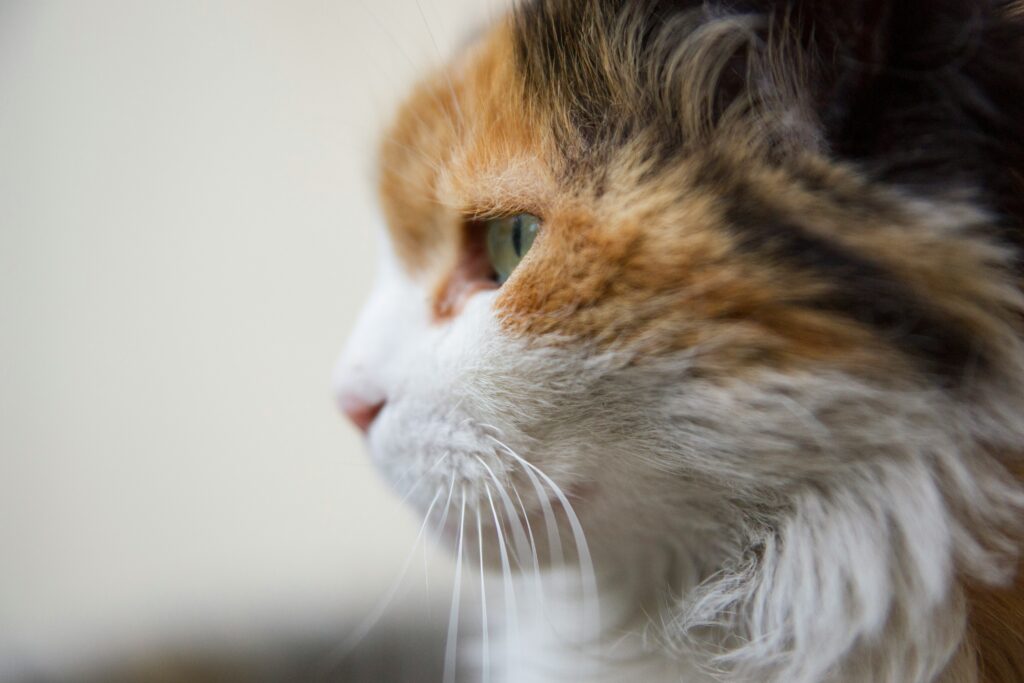
Health Considerations
Muted tortie cats generally share the same health concerns as other domestic cats, but there are specific considerations to keep in mind. Regular veterinary check-ups are essential for preventing common health issues such as dental disease, obesity, and parasites. Vaccinations, flea, and tick prevention, and routine screenings for conditions like heart disease and kidney problems are crucial for maintaining their health.
Male muted tortie cats, due to their rarity and genetic anomaly (Klinefelter syndrome), often have special health considerations. These males typically have an extra X chromosome (XXY), which can lead to sterility and may increase the risk of certain health problems, such as urinary tract issues and endocrine disorders. A veterinarian’s specialist treatment combined with routine monitoring can help control these diseases and guarantee these exceptional animals a decent quality of life.
Rarity and Adoption
Muted tortie cats, particularly males, are considered rare due to the genetic factors involved in their coloration. The dilution gene and sex-linked inheritance make male muted torties exceptionally uncommon. Their unique appearance and limited availability contribute to their desirability among cat enthusiasts.
If you’re interested in adopting a muted tortie cat, consider reaching out to breed-specific rescues or shelters that may occasionally have these rare felines available for adoption. Networking with reputable breeders who specialize in dilute tortoiseshell cats is another option, although finding a male muted tortie may still be challenging due to their rarity.
When adopting, ensure the cat’s health and temperament align with your expectations and lifestyle. Provide a loving and stable environment, regular veterinary care, and plenty of attention and enrichment to ensure your muted tortie cat thrives in their new home.
Conclusion
In conclusion, muted tortie cats are truly unique and captivating feline companions. Their soft, pastel coloration and distinctive coat patterns make them stand out in the world of cats. From their gentle marbling of gray (blue), cream, and fawn colors to their striking eye variations, muted torties are a visual delight.
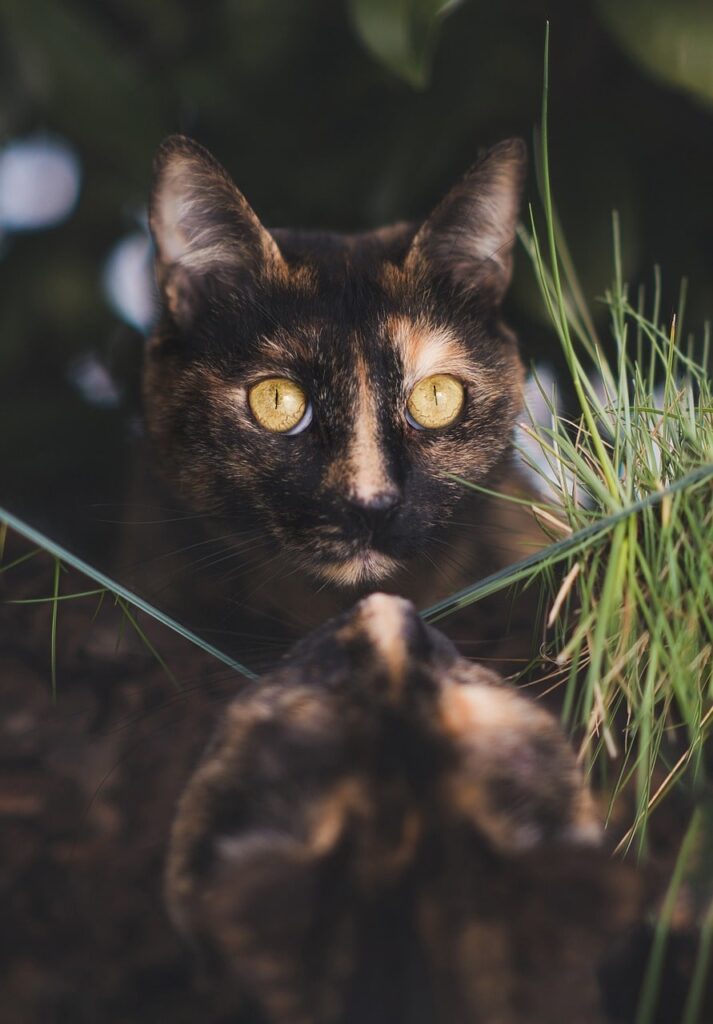
Beyond their appearance, muted tortie cats possess spirited personalities and affectionate behaviors that endear them to their human companions. Their already attractive presence is enhanced by the energy and appeals that their “tortitude” brings.
As pets, muted tortie cats bring a special kind of joy and companionship. Their rarity makes them even more cherished among cat lovers. If you have the opportunity to welcome a muted tortie cat into your home, you’ll discover a loyal and loving friend who will brighten your days with their unique beauty and personality.
Read More:

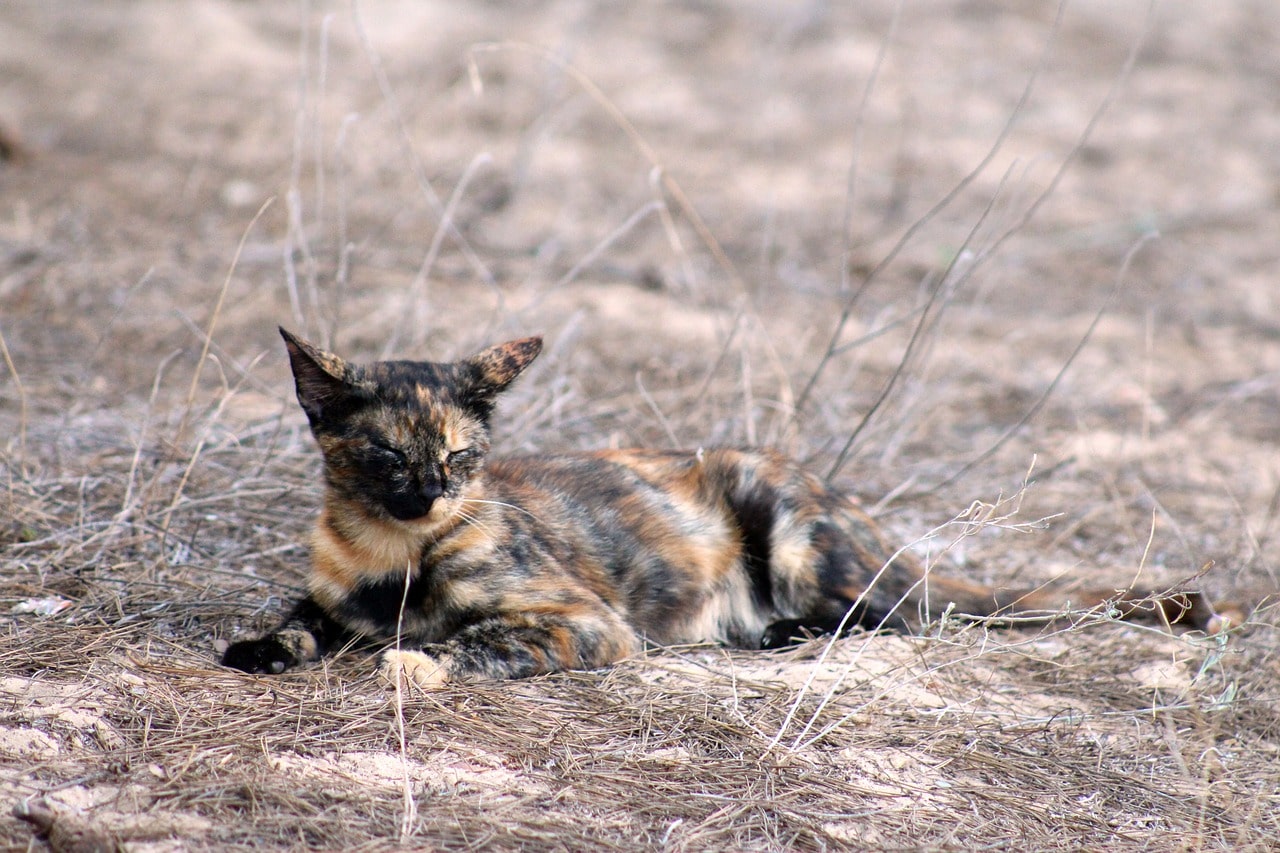
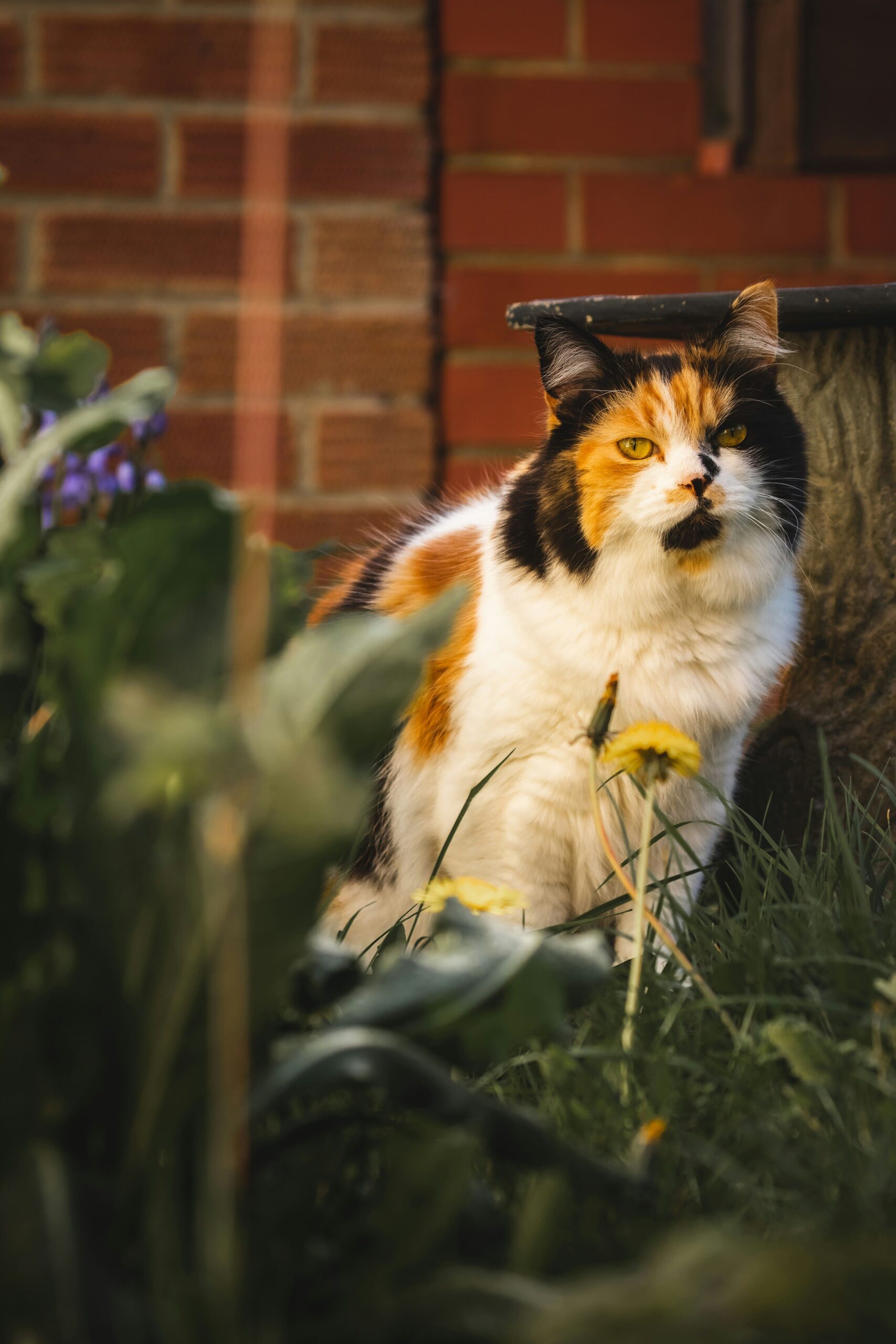
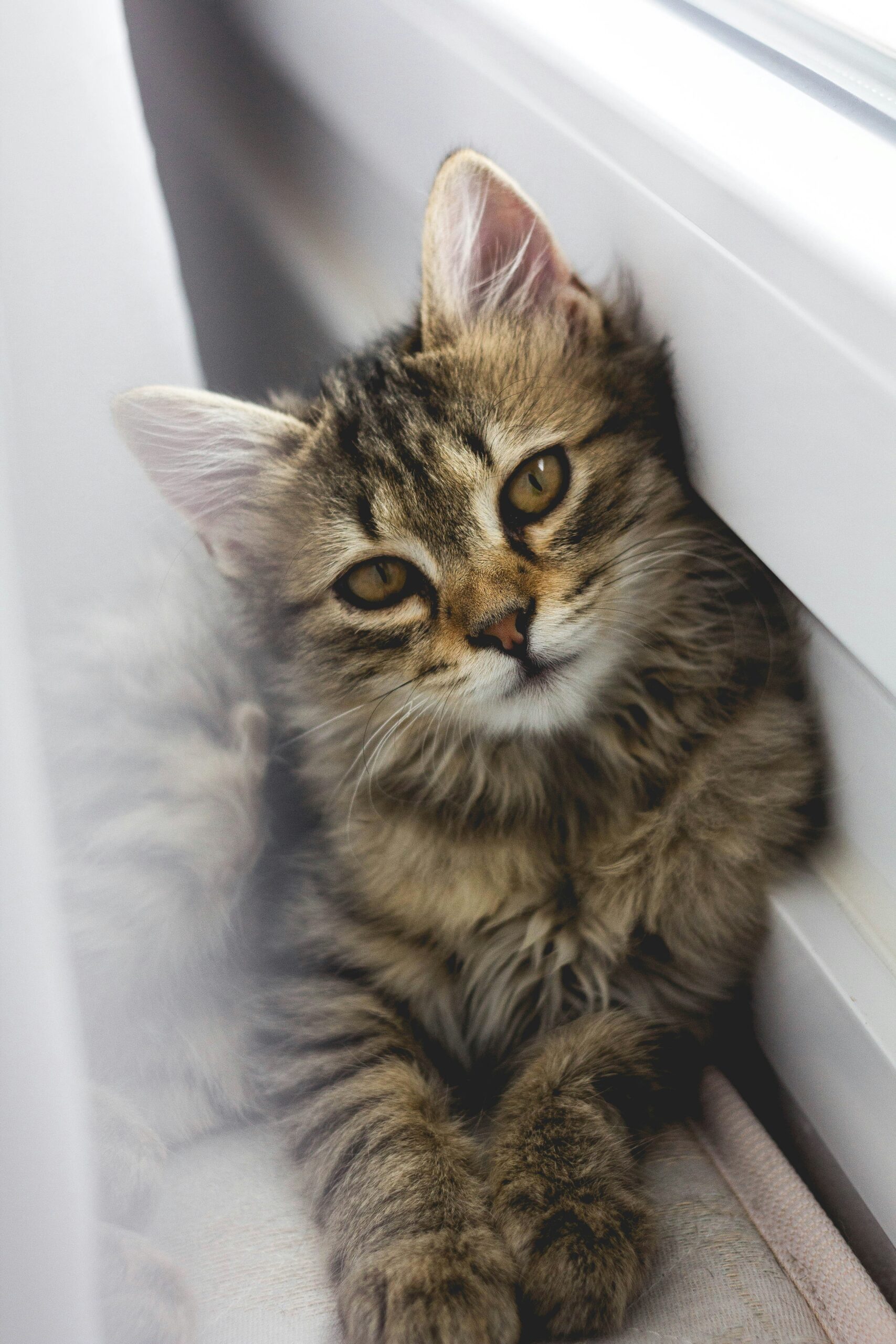
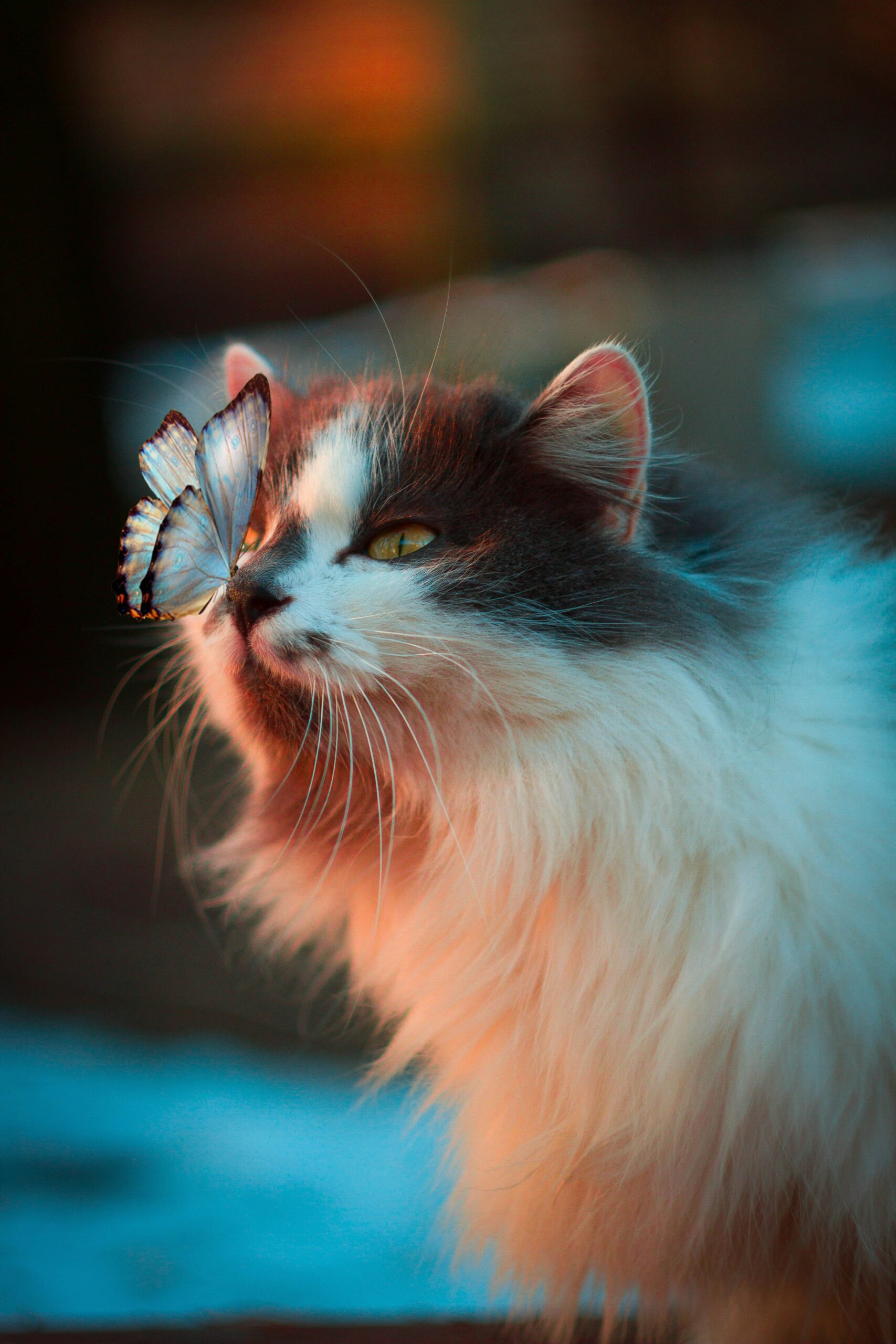
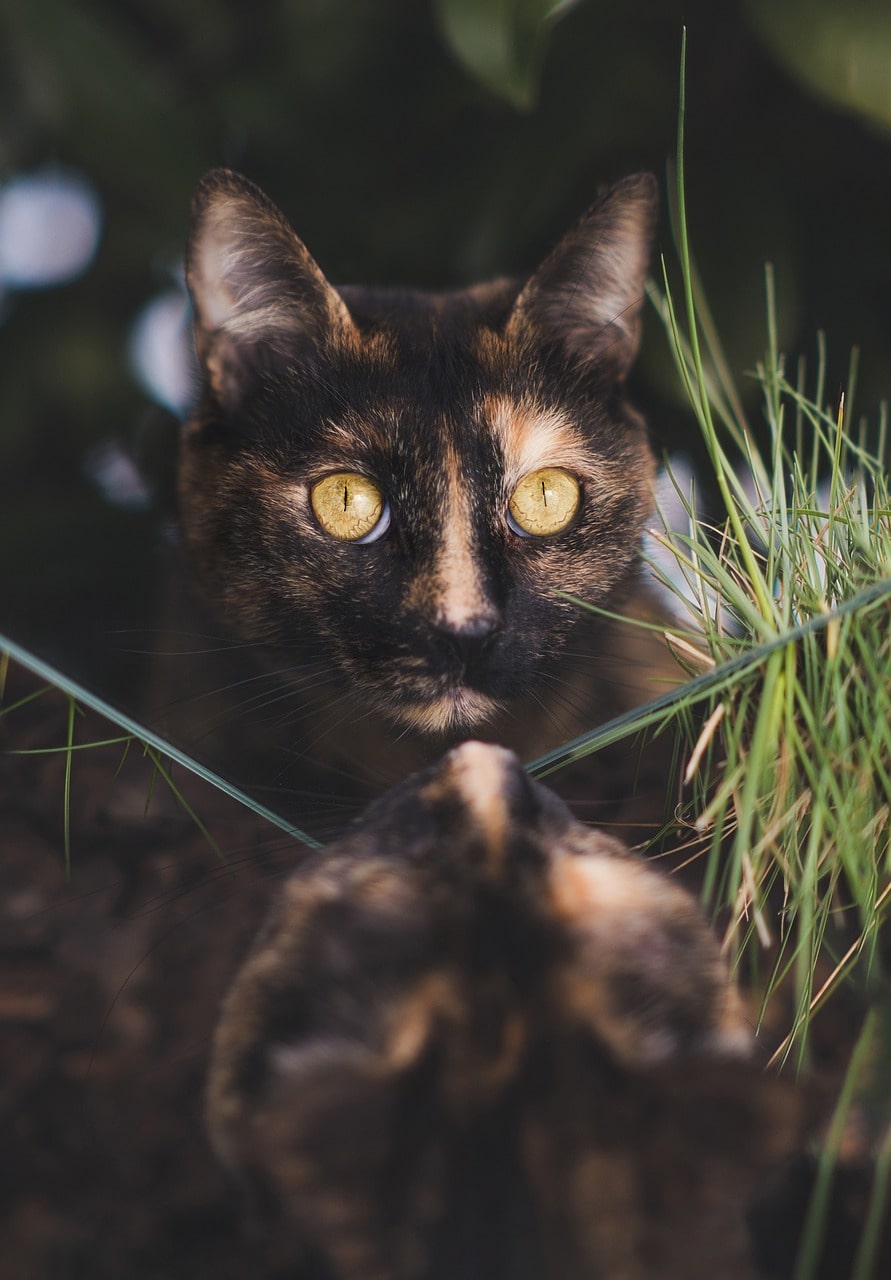

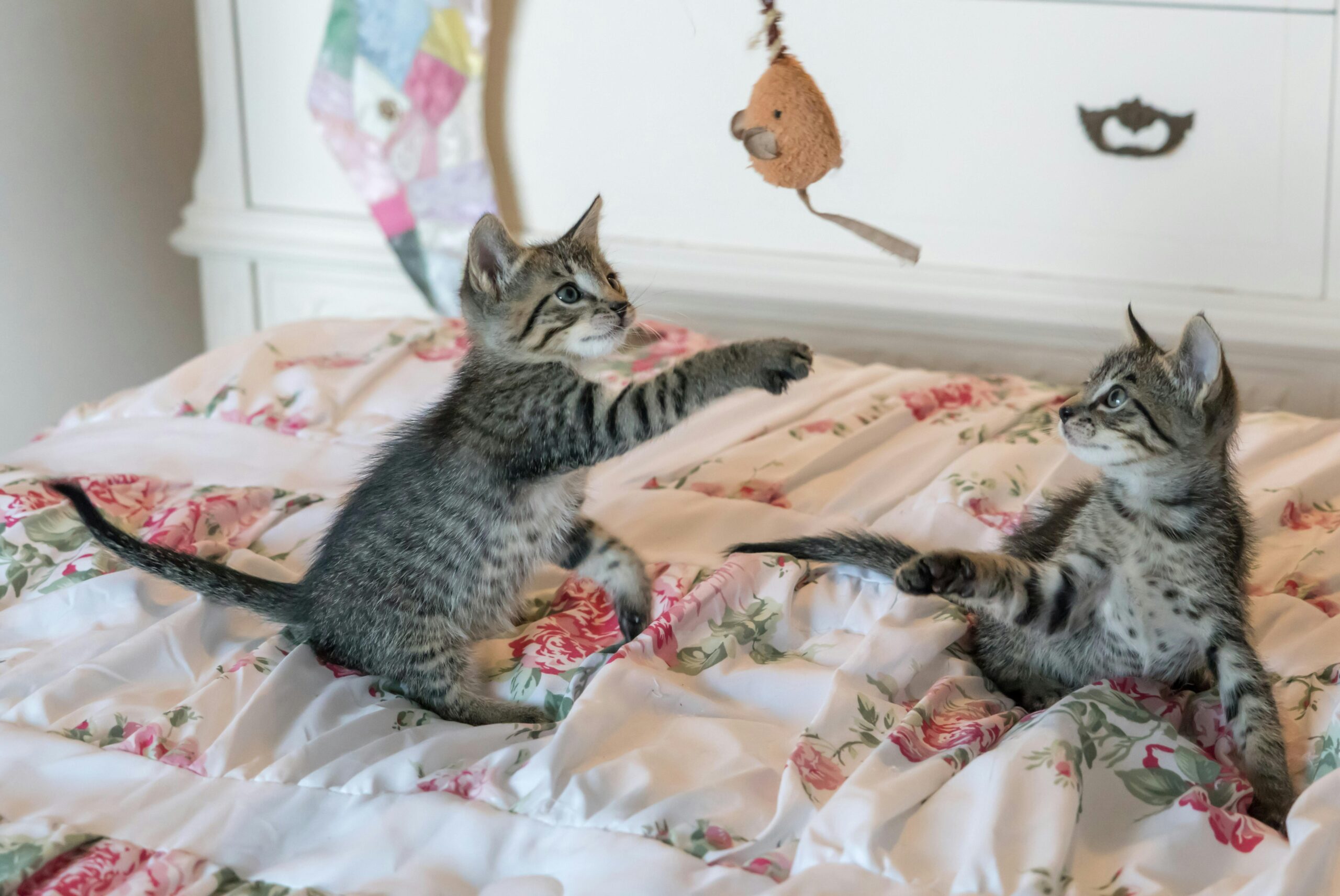
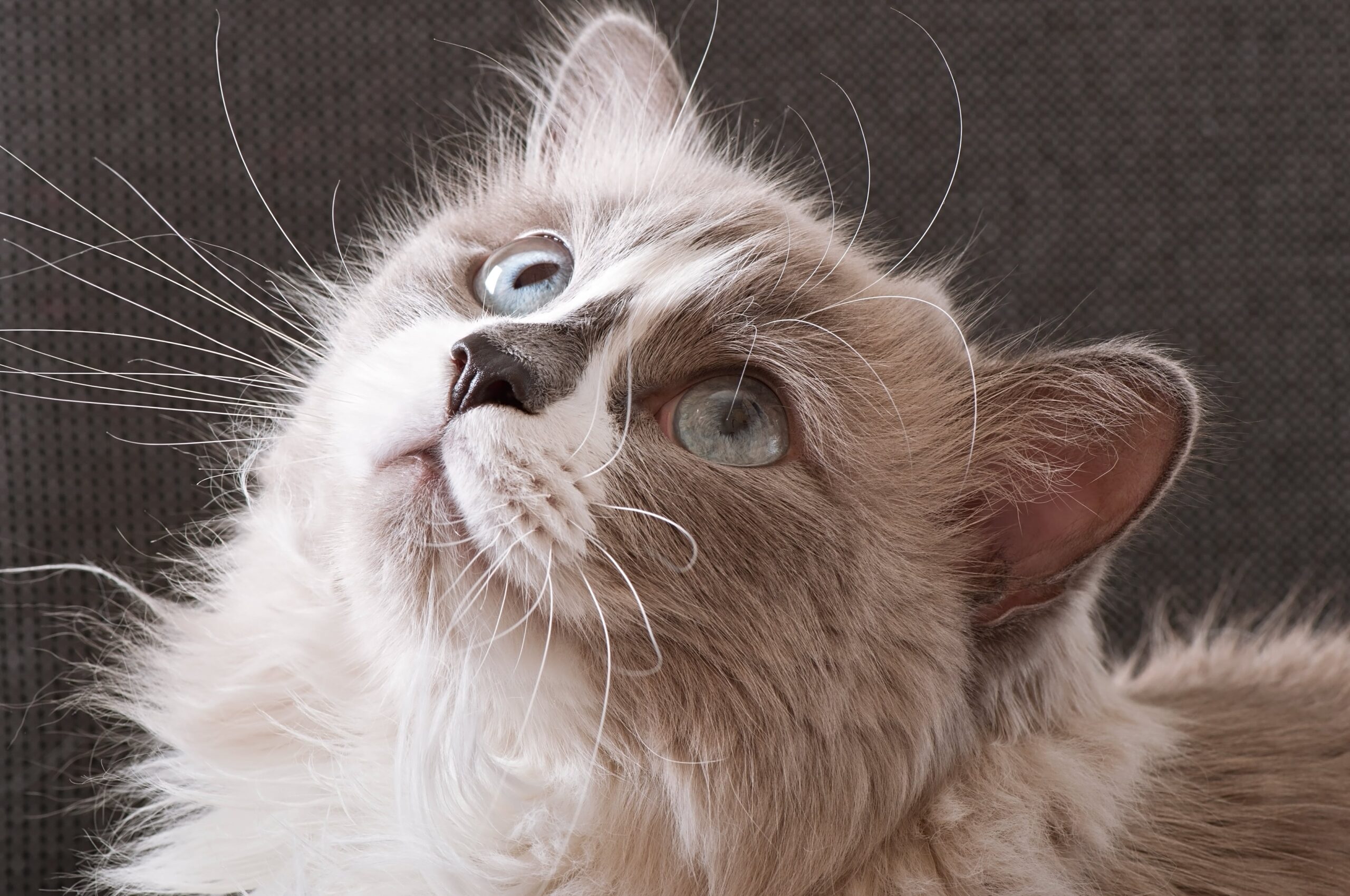
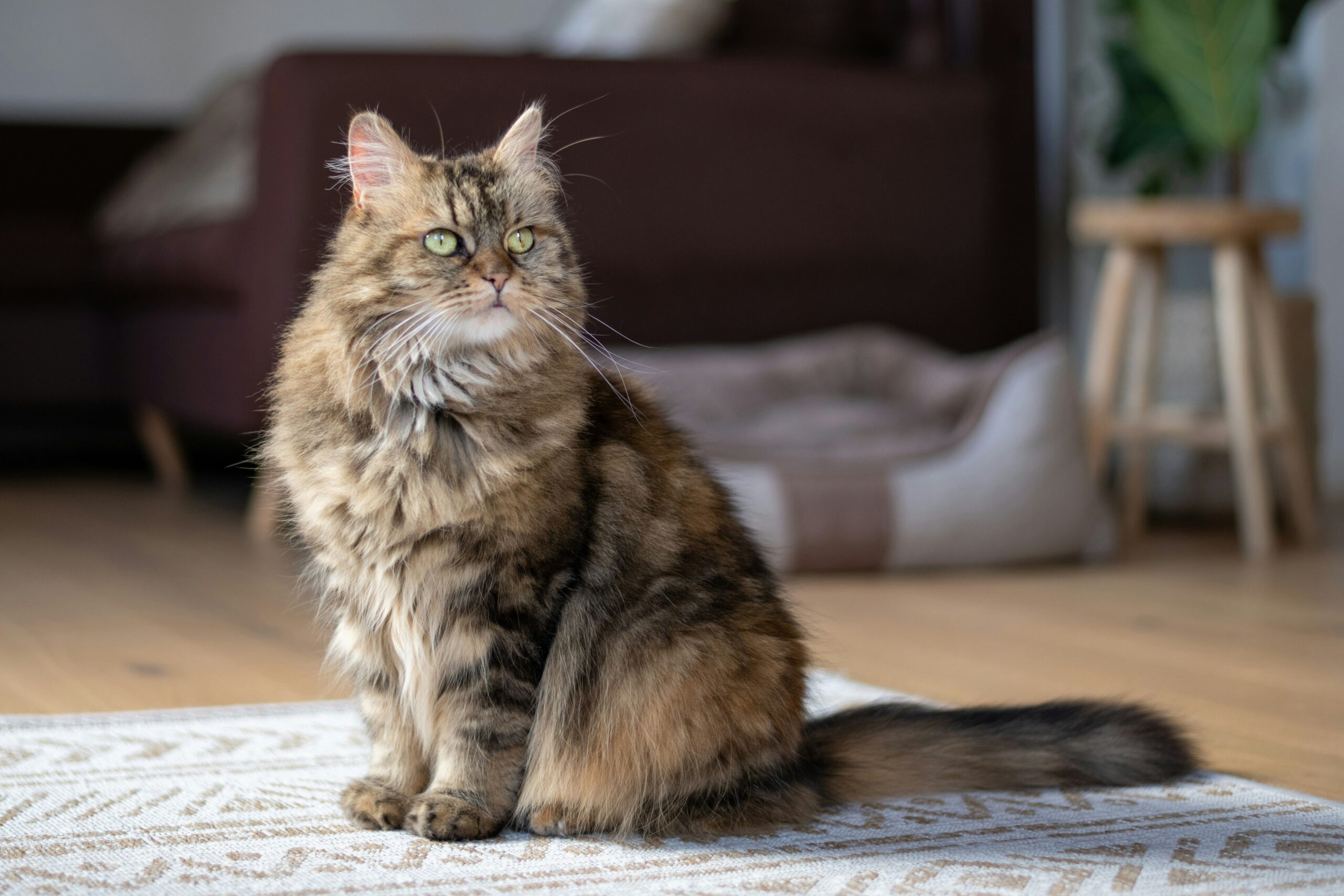
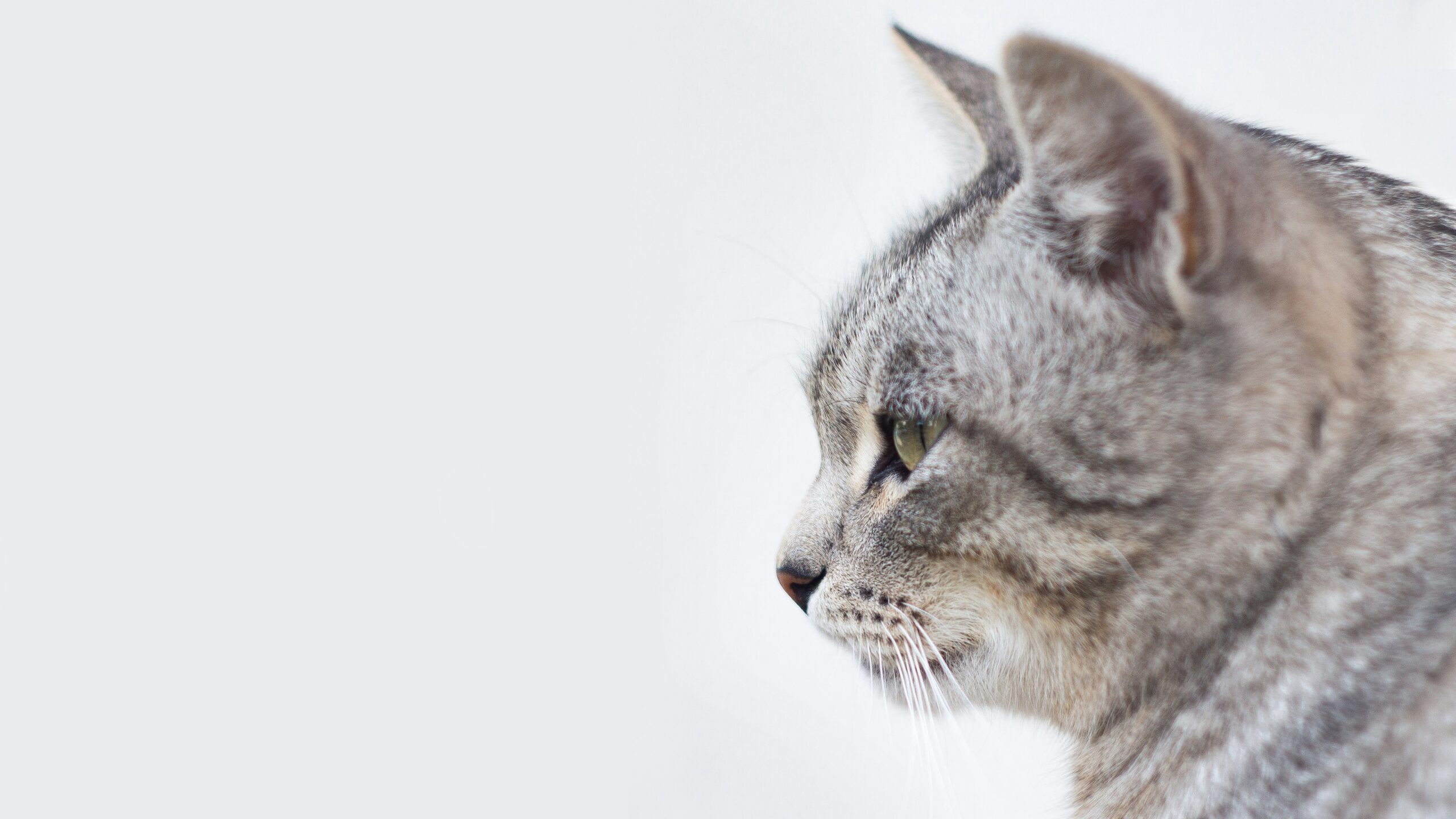
Leave a Reply